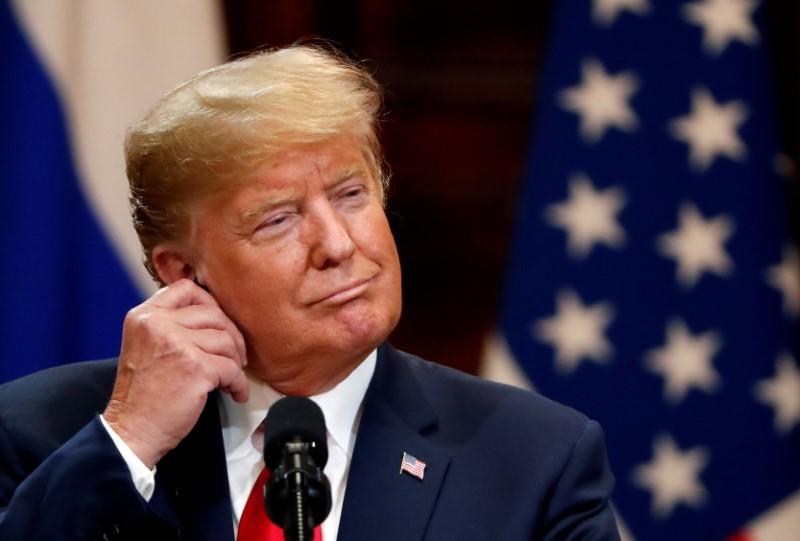
For instance, Trump raised the ante with North Korea, only to later bargain from a position of strength. He also came out hard on Pakistan initially, but later developed very close working relations with Prime Minister Imran Khan on Afghanistan. On Iran, it appears that President Trump is following the same script to raise the stakes so high that negotiations become the only option. This is because even the war as Clausewitz puts it is the “continuation of politics by other means”.
For policy analysts around the world that are scramming to make sense of Trump’s radical move, the important thing is not to get bogged down into the “core” of the crisis. Instead, the key is to try to find answers at the event horizon or at the periphery. Because if it is indeed the strategic distraction policy that is underplay, the real politics is being conducted elsewhere than the epicentre of the US-Iran escalation.
Another way to understand President Trump’s escalation is through game theory. This is because, in the past few decades, the US academia and policy community has quantified national security research and policy. This essentially means that most of the US foreign policy strategy is driven through a set of “payoff matrix” under different game theory scenarios. As useful as game theory is when it comes to policy making, its structured approach also makes it vulnerable to being cracked by opposing policy strategists.
For instance, it is not hard to examine Trump’s escalation on Iran as a classic example of Hawk and Dove game where the US tried to change the status quo by altering the payoff matrix through the targeted assassination of General Qasem in Baghdad. In such a game, the timing and location are all important variables to ensure that Iran has limited ability to directly respond with a full-out war. For Iran, it is a “damned if you do, damned if you don’t” like scenario. It cannot afford a full-out war, but it cannot afford to do nothing either. A gradual and asymmetrical response targeting US soldiers in Iraq and Syria including damaging US interests in Afghanistan and elsewhere could be on the cards. Iran may also opt for a very mellow response and instead build discursive power as the global narrative is overwhelmingly in favour of Iran after the US aggression.
Similarly, for the rest of the world and the regional countries, Trump’s radical move has caught them off-balance changing the policy and threat matrix. In the case of Pakistan and Afghanistan, for instance, Trump’s move on Iran has a direct consequence on Afghanistan’s peace process. NATO also finds itself in a strange place as it may be forced to be part of the escalation with Iran.
Essentially, through putting the entire international community off-balance, President Trump has created a fluid situation whereby the time the international community finds its footing, the status-quo on the issue will already be changed.
The situation in the Middle East is going to remain in a flux for the next few weeks with chances of escalation. Eventually, however, the escalation will have to lead to a political solution that breaks the status quo on the prolonged tensions between the US and Iran. The entire situation will, however, require a serious brinkmanship from President Trump and support from the international community to push for a dialogue.
Published in The Express Tribune, January 8th, 2020.
Like Opinion & Editorial on Facebook, follow @ETOpEd on Twitter to receive all updates on all our daily pieces.




1719660634-1/BeFunky-collage-nicole-(1)1719660634-1-165x106.webp)







COMMENTS
Comments are moderated and generally will be posted if they are on-topic and not abusive.
For more information, please see our Comments FAQ